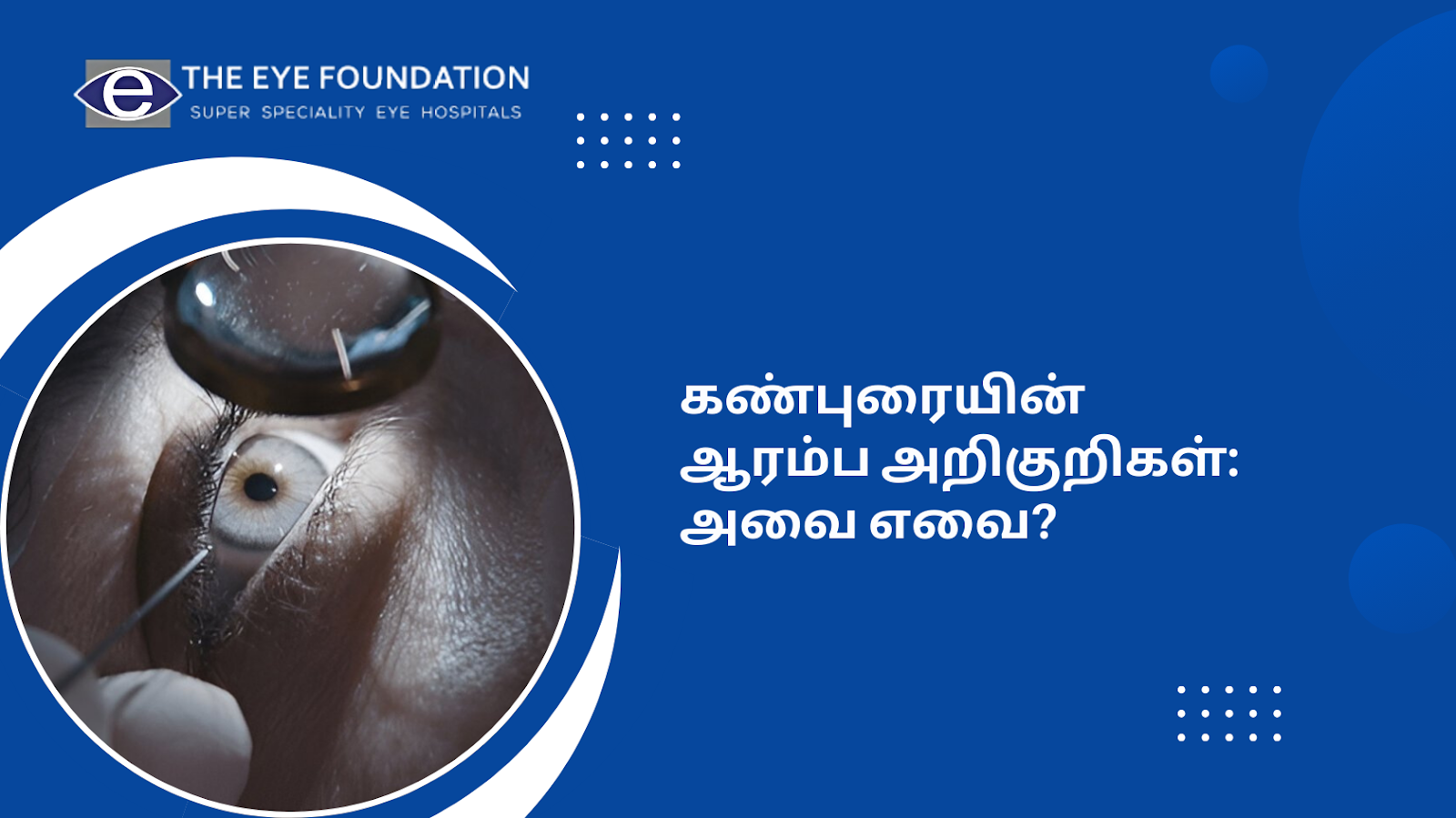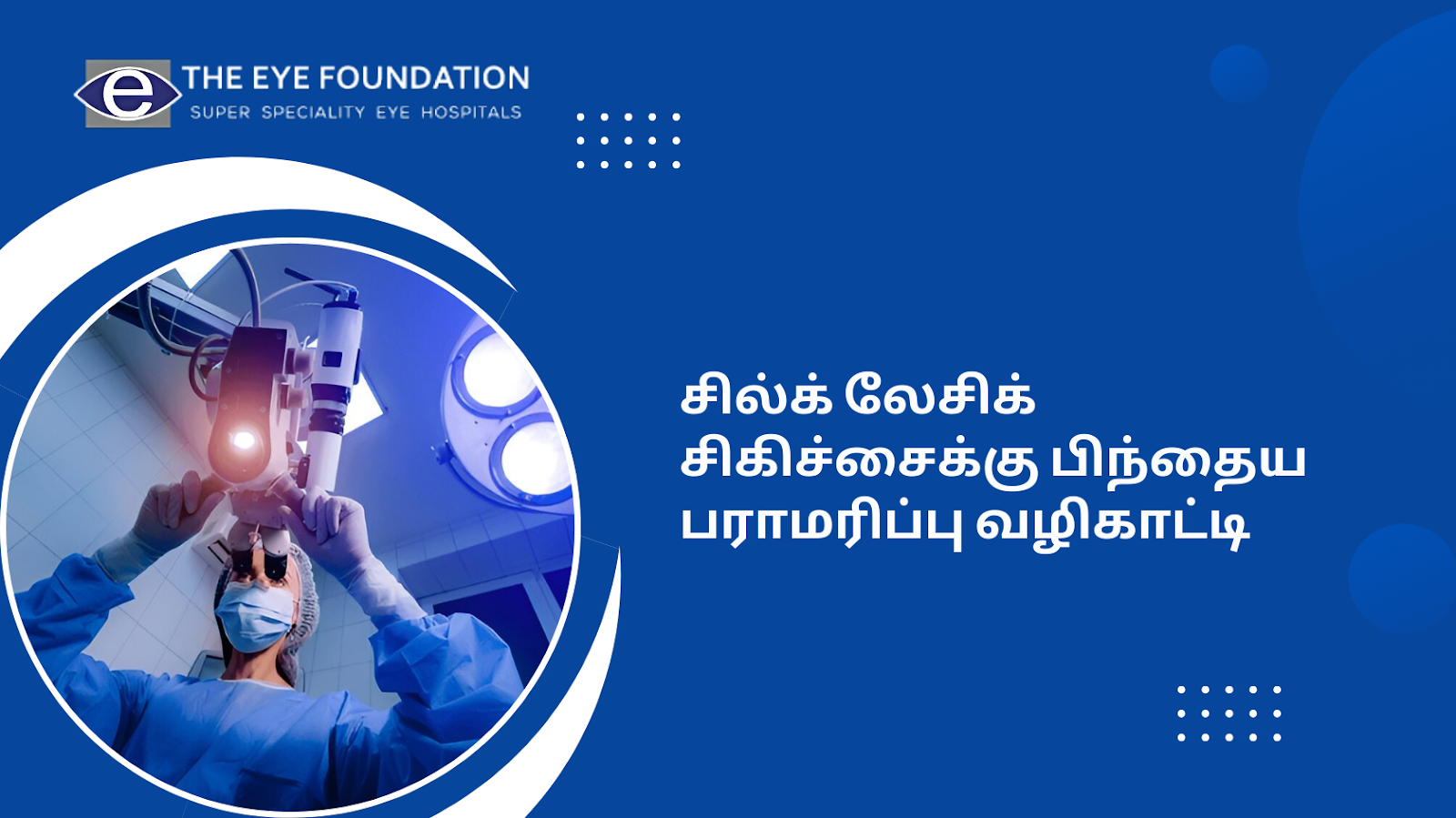Although many people may not recognize the term, most have experienced ocular inflammation at some point in their lives. This medical condition refers to swelling and irritation of various parts of the eye. It is primarily caused by infections, autoimmune diseases, or external factors like allergies. The most concerning aspect is that it can affect different eye structures, including the conjunctiva, uvea, retina, cornea, and optic nerve. A common question is whether ocular inflammation can affect both eyes simultaneously. The simple answer is yes—ocular inflammation can affect both eyes at the same time, a condition known as bilateral ocular inflammation. To know more about the causes, symptoms, and treatments of bilateral ocular inflammation, stick to the upcoming content.
Understanding ocular inflammation
Ocular inflammation is the body's natural immune response to injury or infection within the eye. The inflammation can affect one or multiple parts of the eye, but it usually depends on the type of condition. Common forms of ocular inflammation include uveitis, conjunctivitis, keratitis, scleritis, and retinitis. These conditions may affect one eye (unilateral) or both eyes (bilateral). While it’s common for inflammation to begin in one eye, it can spread to the other eye over time or develop simultaneously in both eyes.
Causes of bilateral ocular inflammation
There are numerous causes of ocular inflammation, but when both eyes are affected at the same time, certain underlying conditions are often responsible. Here are some of the common causes of bilateral ocular inflammation:
- Autoimmune disorders are a leading cause of bilateral ocular inflammation. In these diseases, the immune system mistakenly attacks healthy tissues, including those in the eye. Autoimmune conditions that may cause bilateral ocular inflammation include rheumatoid arthritis, lupus, and sarcoidosis.
- Certain infections can cause bilateral inflammation of the eyes. Bacterial, viral, fungal, and parasitic infections can trigger inflammation in both eyes, especially if the immune system is compromised or the infection spreads through the bloodstream.
- Allergic reactions can cause inflammation in both eyes at the same time, particularly in cases of allergic conjunctivitis. This is a common condition where allergens like pollen, dust, or pet dander cause the eyes to become red, itchy, and inflamed. Allergic conjunctivitis often affects both eyes simultaneously since the allergens come into contact with both eyes through the air or direct hand contact.
- Conditions that cause systemic inflammation throughout the body may also lead to bilateral ocular inflammation. Some of these conditions include inflammatory bowel disease and Behcet’s disease.
- Certain medications can cause drug-induced bilateral ocular inflammation. Bisphosphonates (used to treat osteoporosis), some antibiotics, and antiviral drugs can lead to inflammation in both eyes as a side effect.. These drug-induced cases usually resolve once the medication is discontinued, but they require careful monitoring.
Symptoms of bilateral ocular inflammation
The symptoms of bilateral ocular inflammation can vary depending on the part of the eye affected, but common signs to watch for include:
- Redness in both eyes
- Pain or discomfort
- Light sensitivity
- Blurred vision
- Tearing or discharge
- Floaters
- Decreased vision
These symptoms should not be ignored, especially if they persist or worsen, as untreated inflammation can lead to serious complications, including vision loss.
Diagnosis and treatment of bilateral ocular inflammation
If you experience abnormal eye symptoms, seek medical attention immediately. Early diagnosis of ocular inflammation or other underlying conditions allows for timely treatment, helping to preserve vision. Regular eye exams and close monitoring by a healthcare professional can help manage ocular inflammation and maintain healthy eyes.Schedule an eye examination at The Eye Foundation where an ophthalmologist can provide an accurate diagnosis and treatment plan. Schedule your appointment today!






